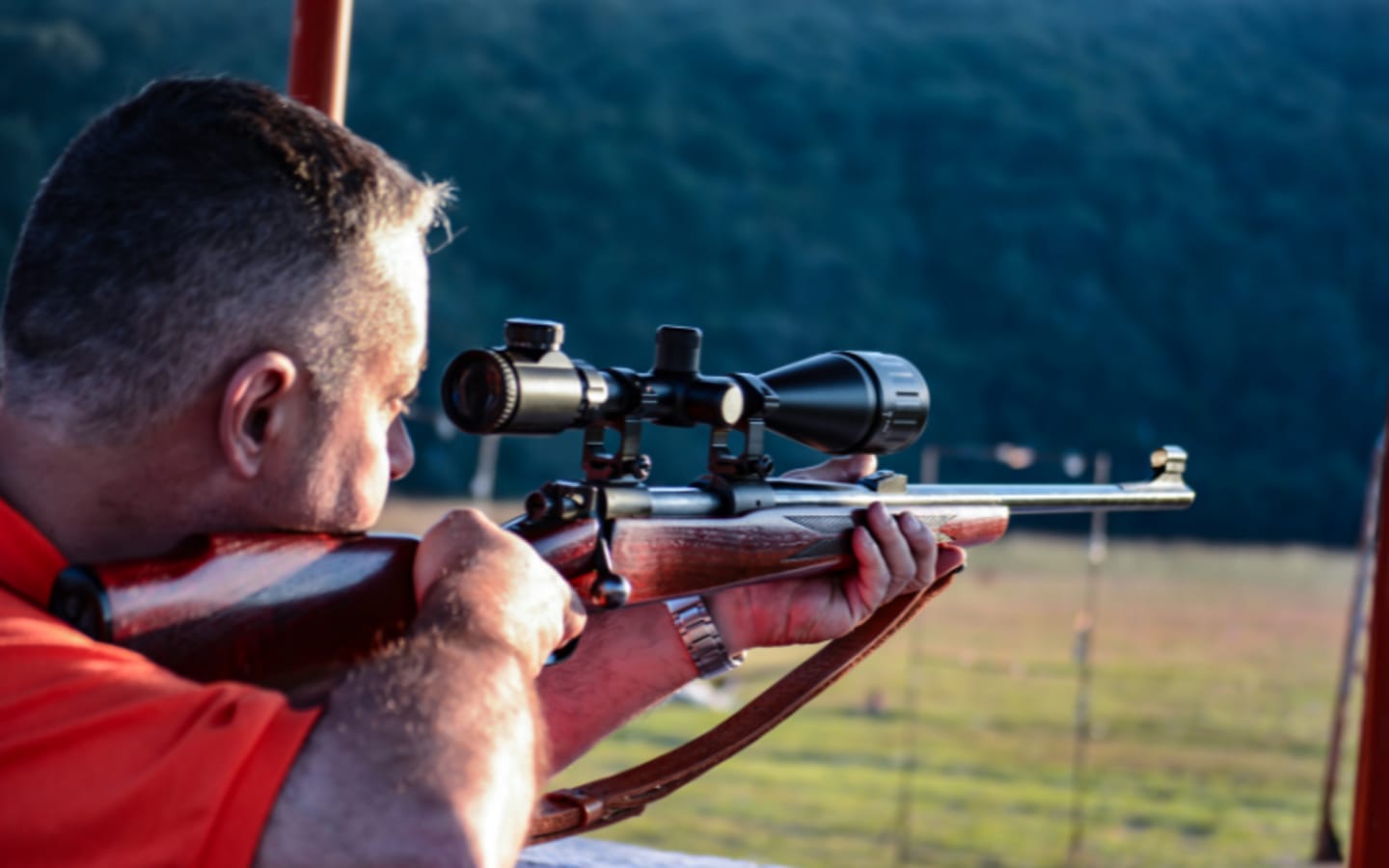A recent study by the Council to Advance Hunting and the Shooting Sports (CAHSS) sheds light on what Americans really think about sport shooting and hunting. Based on interviews with 2,212 people across the country, the findings show strong support for these activities—73% approve of legal, regulated hunting, and 74% back recreational sport shooting. But there’s a catch: the reasons behind pulling the trigger matter just as much as the act itself.
The CAHSS study, led by Executive Director Steven Leath, PhD, makes it clear that Americans value shooting and hunting when done responsibly. “The results confirm that Americans largely understand the value of ethical hunting and shooting sports,” Leath said. “But they also remind us that intention matters and maintaining public trust requires continuous outreach and education. We can’t take support for granted.” This means the public isn’t just blindly cheering for firearms—they want to know why someone’s out at the range or in the woods.
When it comes to sport shooting, the study found that approval hinges on practical motives. Topping the list are self-defense, competition, and practicing for hunting. These reasons resonate because they’re seen as useful, grounded in real-world needs like protecting one’s family or preparing for a hunt. On the flip side, less practical reasons—like shooting just for the thrill—don’t get the same level of support. This shows Americans aren’t against guns; they just want them used for purposes that make sense.
Hunting follows a similar pattern. The study revealed that hunting for food gets a big thumbs-up, with most respondents seeing it as a legitimate way to provide for a family or live off the land. However, trophy hunting or hunting captive animals in high-fence areas? Not so popular. These activities strike many as less ethical or unnecessary, which drags down their approval ratings. It’s a reminder that public support isn’t a blank check—people draw a line based on what feels right.
The findings aren’t just numbers on a page; they’re a roadmap for lawmakers, conservationists, and educators. By understanding what drives public opinion, these groups can craft policies and programs that align with what Americans value. For example, promoting firearms safety courses or supporting conservation efforts tied to ethical hunting could keep support strong. Meanwhile, ignoring the public’s preference for practical, responsible shooting could erode trust over time.
One standout point from the study is how self-defense remains a rock-solid reason for owning and using firearms. Despite efforts by anti-gun groups to shift the narrative, the data shows that Americans still see protecting themselves and their loved ones as a core right. This isn’t surprising when you consider rising concerns about personal safety in today’s world. Whether it’s at home or in a remote area, the ability to defend oneself carries weight with the public.
The study also highlights the role of competition in sport shooting’s popularity. Events like skeet, trap, or long-range rifle contests draw enthusiasts who see shooting as a test of skill and discipline. These activities aren’t just fun—they build camaraderie and keep traditions alive. Practicing for hunting rounds out the top three motives, tying sport shooting to the practical goal of filling a freezer with game. Together, these reasons paint a picture of a public that values purpose over flash.
For those curious about the details, the full report is available on the CAHSS website. It’s worth a read if you want to dig into the stats or see where your own views stack up against the average American’s. The numbers might not change your mind, but they offer a clear look at where the country stands on these issues.
What does this all mean for the future? The study suggests that support for sport shooting and hunting is solid but not unconditional. As long as these activities are tied to practical, ethical reasons—like self-defense, competition, or providing food—Americans are on board. But stray too far into less justifiable territory, and that support could waver. It’s a call to action for anyone who cares about these rights to keep educating others and showing why they matter.
In places like Arkansas, where schools are now required to teach firearms safety, the focus on responsibility is already taking root. Events like the Western Hunting Expo 2025 also help by showcasing ethical hunting and shooting practices to a wider audience. These efforts align with what the CAHSS study found: people want to see these activities done the right way.
For now, the message is clear: Americans back sport shooting and hunting, but they’re watching closely. Motives matter, and keeping the public’s trust means staying true to the values of safety, ethics, and purpose. Whether you’re a hunter, a competitive shooter, or just someone who values the right to bear arms, the study is a reminder that your reasons for picking up a firearm carry more weight than you might think.





